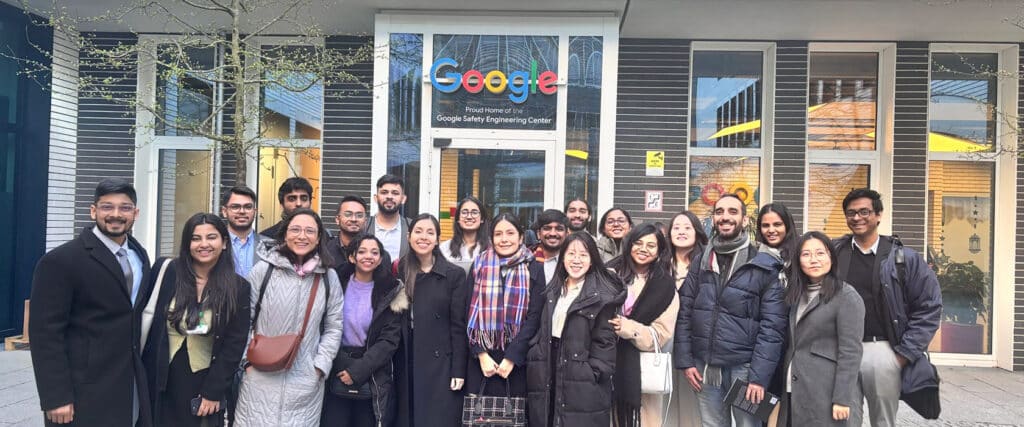Innovation and Ambition Meet at the Rice Business Plan Competition
The Rice Business Plan Competition, hosted by Rice University, has evolved into the world’s largest and richest student startup competition. It brings 42 intercollegiate startups to Houston to compete for over $1M in prizes yearly while getting feedback and networking with investors. The competition has fostered numerous successful ventures, including technology and sustainability startups, demonstrating its impact as a significant platform for nurturing future entrepreneurs.





